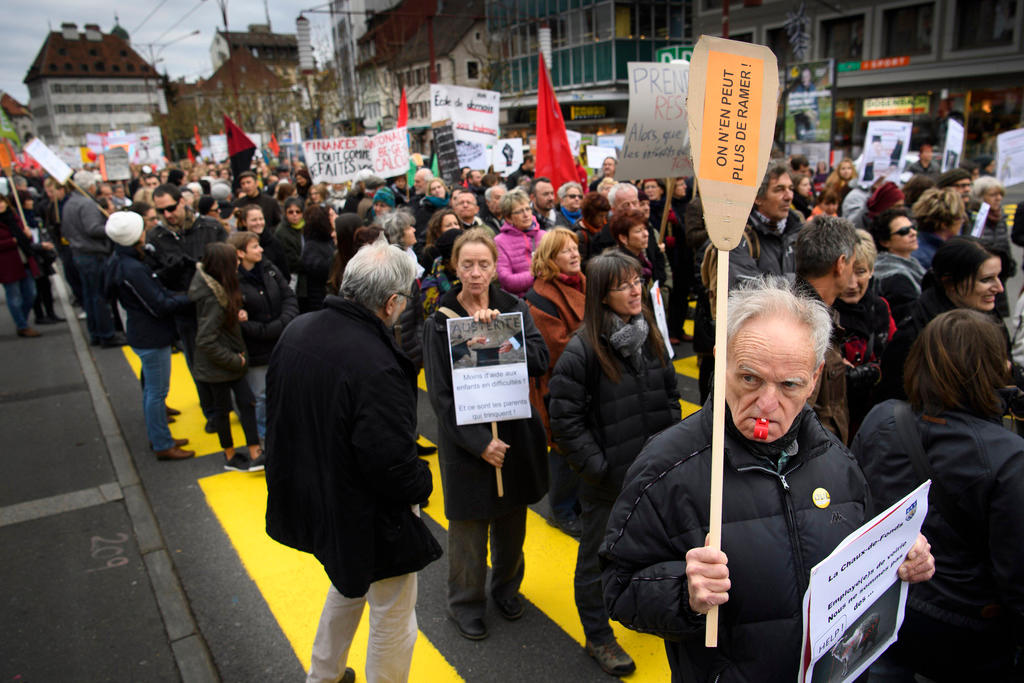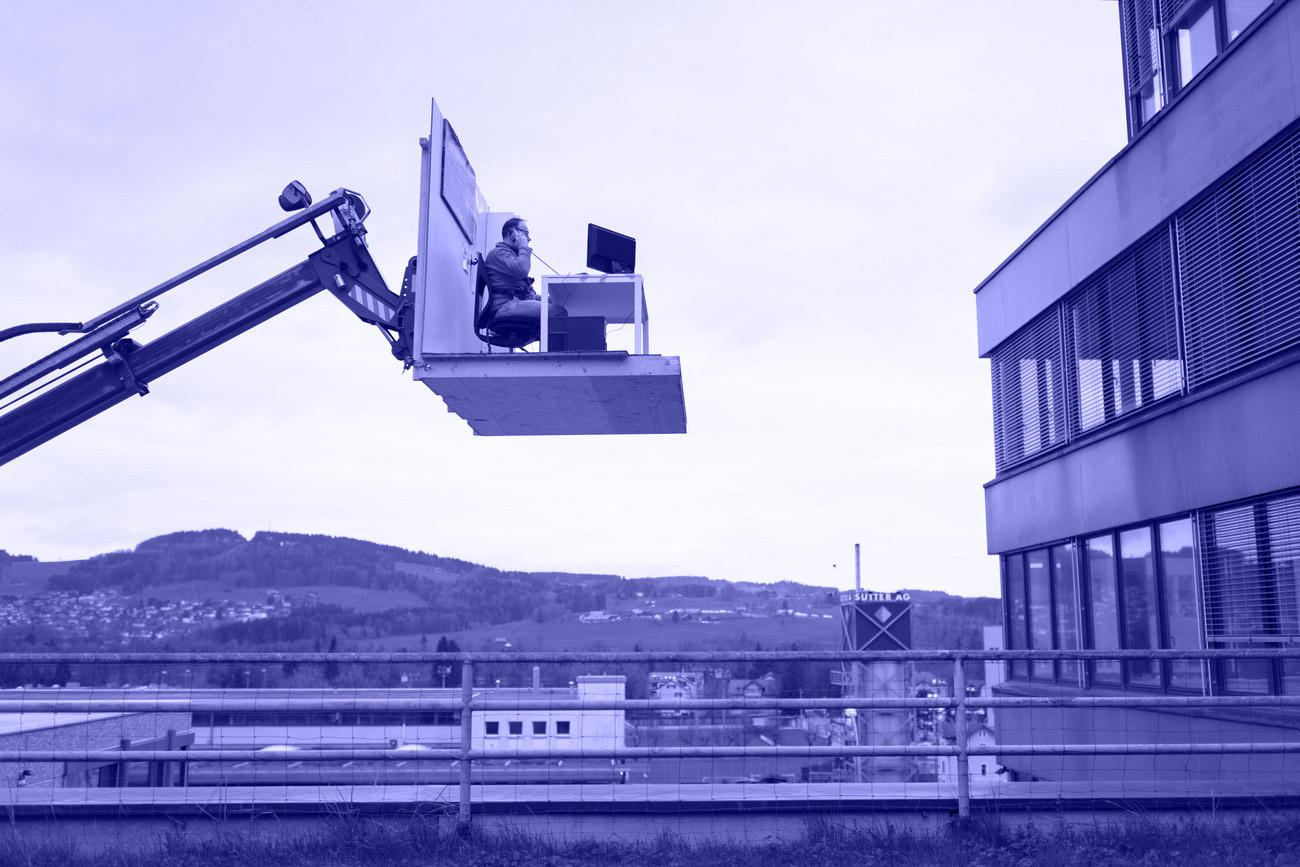Why do Swiss workers hardly ever go on strike?

No one downs tools less often than workers in Switzerland and Austria, according to an international comparison of strikes.
Between 2006 and 2015, an average of only two work days were lost per 1,000 workers per year in both Alpine countries, the Institute of Economic and Social Research (WSI) reported on Wednesday. Low rates were also recorded in Sweden (five), Poland (six) and the United States (seven).
France was the most strike-prone country analysed, with 123 days lost per 1,000 workers in the private sector alone, beating Denmark by one day. Canada (79), Belgium (71) and Spain (62) rounded out the bottom five. Britain was just behind Germany, with 23 and 20 days lost respectively.
Strikes are rare in Switzerland due to a long tradition of avoiding industrial conflict through negotiation. The collective bargaining agreement sets out conditions of employment for workers.
“It is in our genes to solve problems by talking to each other rather than more antagonistic means,” Hansjörg Schmid, a spokesperson for the Swiss Employees Association (Angestellte Schweiz), told swissinfo.ch. “This tradition is anchored in our society and can also be seen in Swiss democracy. People can voice their opinions and change things through referendums, which also reduces conflict.”
A centre of sorts
That is not to say Switzerland has no labor conflicts. A strike by Geneva tram and bus drivers in November 2014, for example, paralysed public transport in the city over some planned budget and job cuts. But the previous public transport strike in Geneva was in 1982.
Also in canton Geneva, nearly 10,000 cantonal employees took to the streets in November 2015. Many were teachers and police officers, protesting against staff cuts. Their strike coincided with one by construction workers all over Switzerland.
Switzerland, particularly Geneva, is home to the European headquarters of the United Nations and many other international organisations. Those include UN affiliates like the International Labour Organization, which promotes social justice and human and labour rights.
Because of the ILO’s presence, Switzerland also attracts a number of international labour organisers though the country itself is pretty stable as far as employment is concerned.

In compliance with the JTI standards
More: SWI swissinfo.ch certified by the Journalism Trust Initiative





You can find an overview of ongoing debates with our journalists here. Please join us!
If you want to start a conversation about a topic raised in this article or want to report factual errors, email us at english@swissinfo.ch.